I think, I can never earn over which I paid by my precedent employer, but I was wrong, world is so large to try their fate. but now I am making $52/h even more,and easily earn minimum $1300/week, on the experience everyone must try to do work online, easy way to earn, here's an example.
𝐰𝐰𝐰.Richnow1
New Study Reveals How Marriage Could Surprisingly Affect Dementia Risk
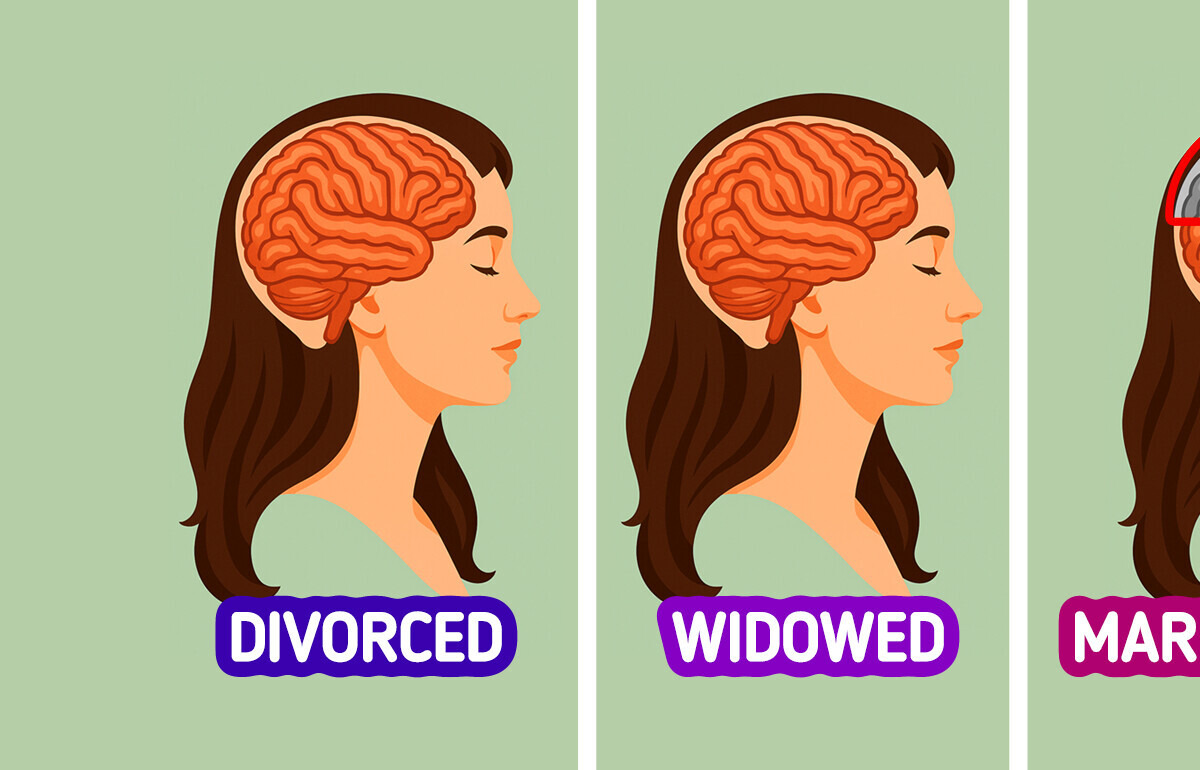
We’ve heard that marriage is good for our health. After all, having someone by our side could mean emotional, social, and financial support. But what if this notion is challenged by new evidence suggesting that marriage might not be the ultimate safeguard against dementia?
In fact, a new study is revealing that being unmarried could have a surprising impact on reducing the risk of dementia. Here’s what we found.
CONTENT IS PROVIDED FOR INFORMATIONAL PURPOSES ONLY AND IS NOT INTENDED AS A SUBSTITUTE FOR MEDICAL ADVICE.
SEEK GUIDANCE FROM YOUR DOCTOR REGARDING YOUR HEALTH AND MEDICAL CONDITIONS.
The recent study analyzed data from over 24,000 older adults over the course of 18 years.
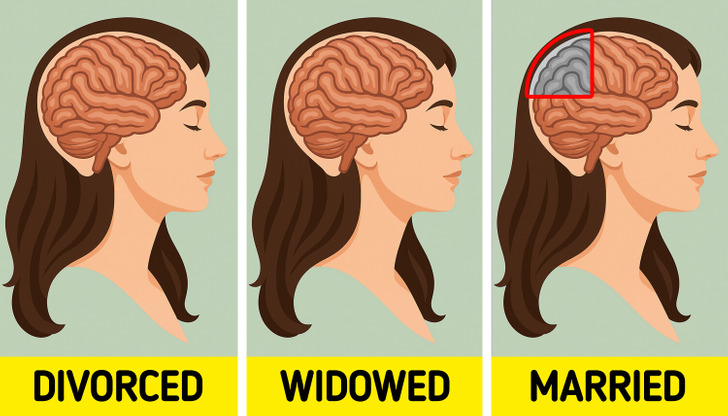
When the participants first joined the study, some already had mild cognitive impairment. Interestingly, those who were unmarried showed a lower likelihood of their condition progressing to full-blown dementia compared to their married counterparts.
Throughout the study, some participants lost their spouses. And those who became widowed had a lower risk of developing dementia than those who remained married.
The researchers took various factors into account, including age, sex, race, education, and other physical and mental health markers. Yet, one consistent pattern stood out: Unmarried individuals were less likely to develop dementia, specifically Alzheimer’s and Lewy body dementia, than their married peers.
Researchers speculated that the higher dementia risk among married people might be linked to earlier diagnoses.

Married couples often have the advantage of a partner who notices changes in behavior or memory and encourages them to seek medical help. This could lead to earlier detection of cognitive decline, making it appear that married individuals are more at risk.
The researchers even acknowledged the possibility of what’s called “ascertainment bias”—where some groups are diagnosed more often simply because they’re more closely monitored. However, the study's methodology, with annual evaluations by professionals, minimized this factor, lending more weight to their findings.
The study didn’t just look at whether individuals were married or not—it also examined the types of social support people had.
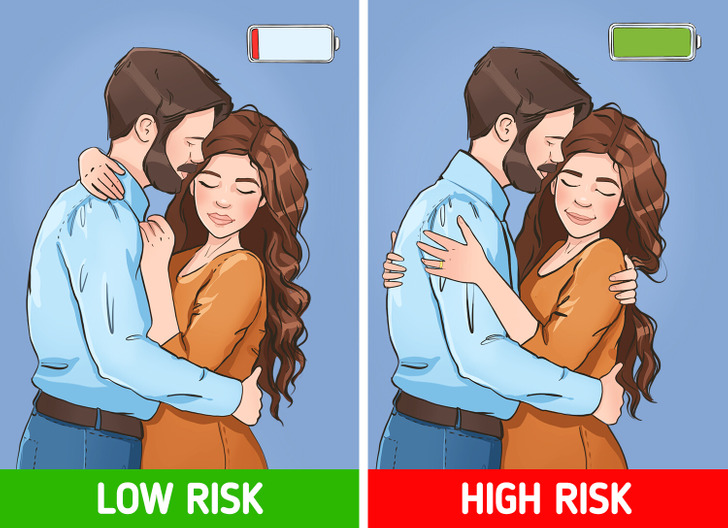
Unmarried individuals, particularly those who were never married, might have stronger social networks, which could protect against dementia. These people often form deep friendships and community ties, offering emotional support that could prove more beneficial for cognitive health than marriage itself.
So, the quality of your relationships, rather than just your marital status, may play a significant role in protecting your brain health.
Being married doesn’t automatically mean you’re at a higher risk for cognitive decline.

As we can see above, maintaining a robust social life and emotional well-being, regardless of marital status, might just be the best strategy for a healthy mind as we age. It’s time to start focusing on the quality of our relationships and the strength of our support networks, whether we’re married, single, or somewhere in between.
By looking beyond just marital status and considering emotional health, we can better protect our minds—and that’s something worth celebrating.
Speaking of health, there’s another silent threat we need to keep an eye on: melanoma. This dangerous form of skin cancer often goes unnoticed until it’s too late. While many of us keep a close eye on obvious changes in moles, it’s the subtle signs that can slip under the radar.
Early detection is crucial, as the five-year survival rate for localized melanoma is around 99%, but it drops significantly once the cancer spreads. So, don’t wait—here are 7 subtle signs of melanoma that you should never ignore.
Comments
Related Reads
12 Eerie Stories About People Whose Intuition Saved Someone’s Life
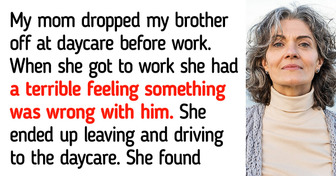
“She Looks 20 Years Younger,” a Woman Undergoes Transformative Surgery and Leaves Everyone Speechless
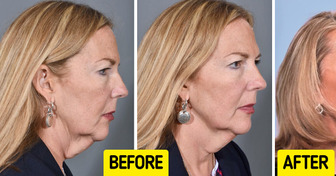
Meghan Markle’s Appearance Changed Because of One Detail Many Missed

Kate Middleton’s Brother Shares a Heartfelt Tribute to Her Amid Cancer Battle With Unseen Photo

17 People Who Went Against the System and Made Us Stop in Our Tracks

12 Things That a Mature Woman Has Nothing to Feel Insecure About

7 Tips From a Lazy Psychologist Mom That Parents Around the World Are Thankful For

I Refused to Put Up With My In-Laws Just Because We Owe Them

I Overheard a Conversation Between My Husband and MIL and Discovered That My 15-Year Marriage Is a Huge Lie

I Refused to Give Up My Baby, So My Mom Exposed a Terrible Secret

My Daughter Thought She Was Above Me, I Let Reality Prove Her Wrong

18 Seniors Whose Sharp Wit Proves Humor Only Gets Better With Age
